The 4 Worst Weight Loss Myths, Says Jillian Michaels
There are lots of weight loss myths circling about that could be preventing you from losing weight. Jillian Michaels is a fitness expert and star of The Biggest Loser. In one of her viral video she debunks four key weight loss myths. "This video is gonna address a bunch of your questions all under one umbrella. That umbrella being weight loss myths. Now, I can't tackle them all. There are so many of them, but I'm gonna tackle some of the more predominant ones," she says.
Myth 1: Hot Workouts Are More Efficient for Weight Loss

The first myth she wants to bust? Hot workouts are more efficient for weight loss. "I know a lot of you guys love this. I'm not trying to take this away from you. If you love it, fantastic. But if we're talking about efficiency and fat metabolism, they're far less effective because the room is so hot," she explains.
Working Out in Cooler Environments Make You "More Metabolic"

She explains that "there is a lot of research that shows us a cooler, colder, ambient temperature, makes us more metabolic," and activates fat in a way that helps you burn more overall fat. "Hot workouts not only don't burn more fat, but in fact they make your workout far less effective because you are stressing the body from the outside in, which can fatigue us. Meaning we engage in less physical exertion where you want that heat to come from the inside out via physical activity and physical exertion."
The More Hydrated You Are, the More You Will Detox
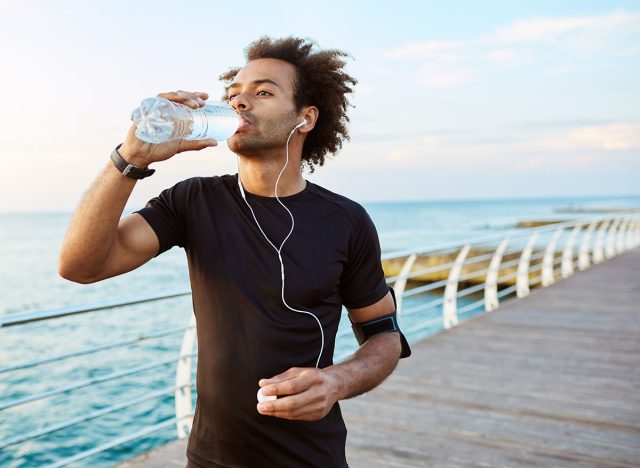
She also explains that "the better hydrated you are, the better those organs can do their job of detoxifying you. So dehydration is also counterintuitive to fat metabolism, detoxification, hydration and cooler temperatures are going to be far more effective."
Myth 2: Fasted Cardio Burns More Fat
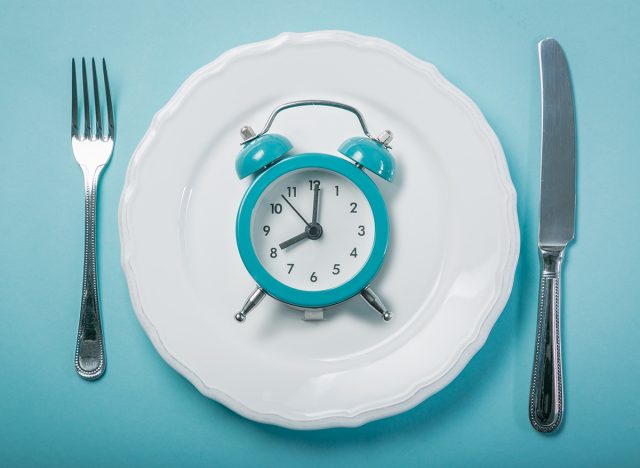
There are lots of weight loss myths circling about that could be preventing you from losing weight. Jillian Michaels is a fitness expert and star of The Biggest Loser. In one of her viral video she debunks four key weight loss myths. "This video is gonna address a bunch of your questions all under one umbrella. That umbrella being weight loss myths. Now, I can't tackle them all. There are so many of them, but I'm gonna tackle some of the more predominant ones," she says.
Here Are the Workouts That Burn the Most Calories
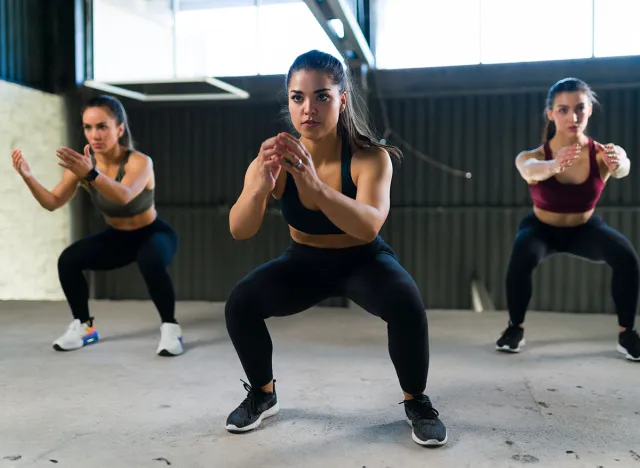
She adds that "the fitness techniques that burn more fat are not actually steady state cardio at all," and instead are resistance training, HIIT training, plyometric training, all of which "burns more calories, more calories when you're doing it, more calories when the workouts are over," she explains. "Burning fat is a matter of burning through energy stored in the fat cells, so we wanna use more overall energy. We just do, period."
Myth 3: Carbs and Fat Make You Fat"
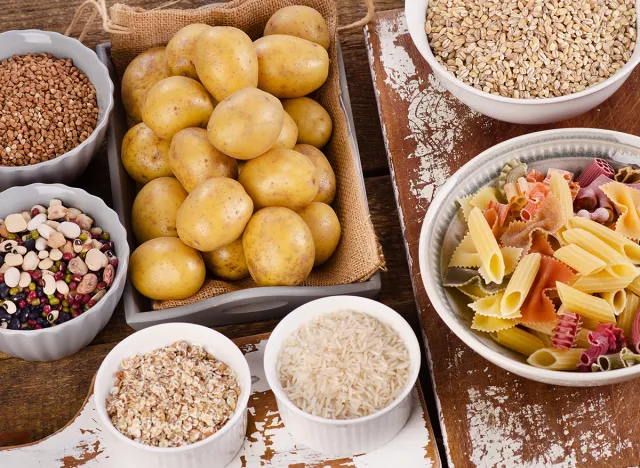
Her next on the "myths and fallacies" list? "That carbs make us fat. Fat makes us fat. This isn't true," she says. "Now, it is well known that processed junk food can make us fat because it leads to overeating. It has no nutrient content. And yes, it can throw off your biochemistry, your metabolism because it's releasing a ton of insulin and just screwing up your metabolism, which is connected to, in large part, based upon your hormone balance. So these foods throw your hormone balance out of whack."
Instead, Eating in a Calorie Surplus Makes You Fat
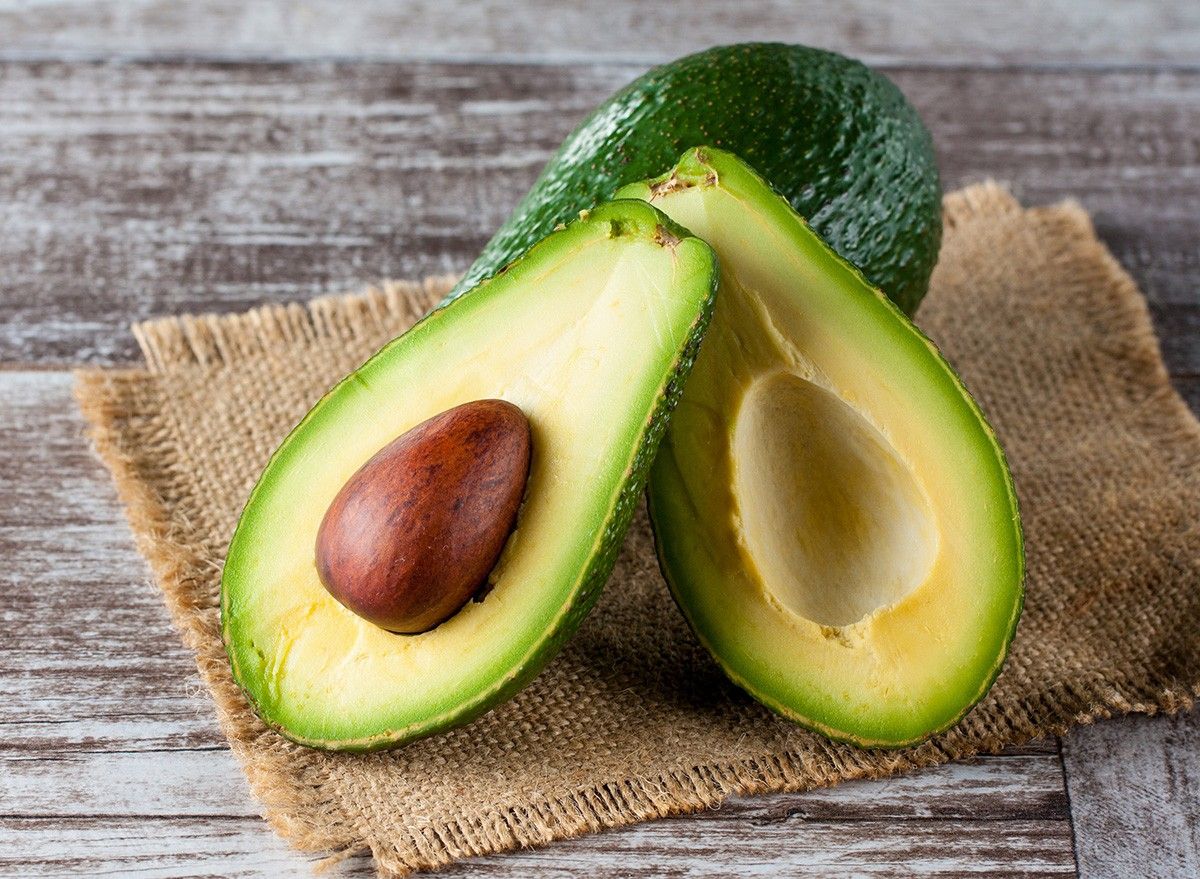
"Overall calories determine your weight. And as I've said, many times, health and weight don't inherently intersect. We want them to," she says. For example, an avocado has lots of healthy fat, "micronutrients, the vitamins in the minerals, it's really healthy food. It's also a calorie dense food, an energy rich food. If you eat too many avocados, no matter how many nutrients they have, you'll store the excess energy in them as fat," she points out.
Avoid Diets But Cut Out Processed Foods
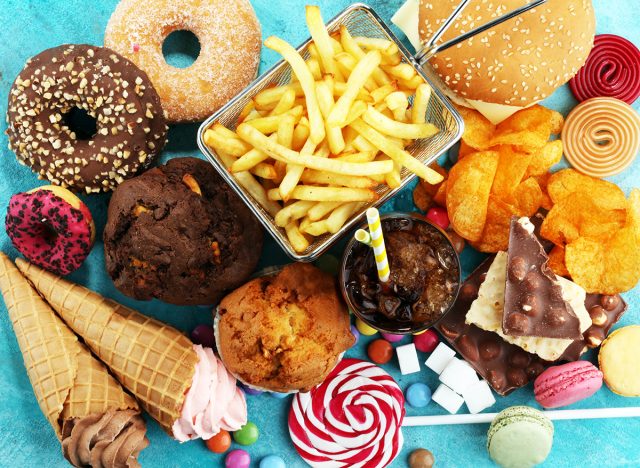
"The ultimate goal of weight loss, having nothing to do with counting macros, having nothing to do with going carb free, having nothing to do with cutting out fats," she says. "Do I want you eating great quality food? Of course I do. I want you to cut out the processed flour, those refined grains, the white sugar."
Myth 4: Food Timing
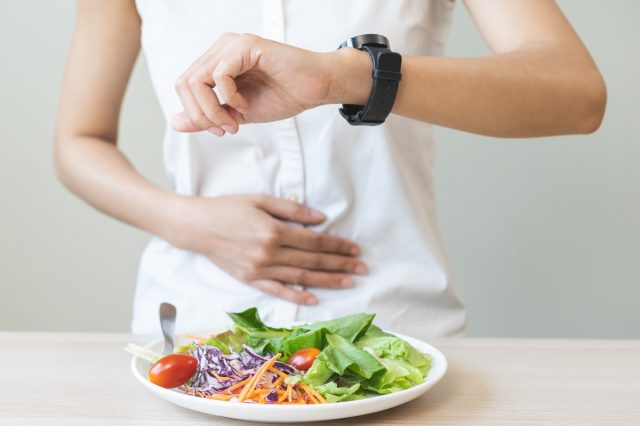
Lastly she tackles food timing. "I'm sure you guys have heard, 'Don't eat at night. Don't eat in the morning. Eat small meals all day. Eat one meal a day. OMAD fast.' It just, it doesn't stop, right? Food timing and weight loss, it's not connected. It isn't, it's not connected."
She Eats for 12 Hours and Fasts for 12
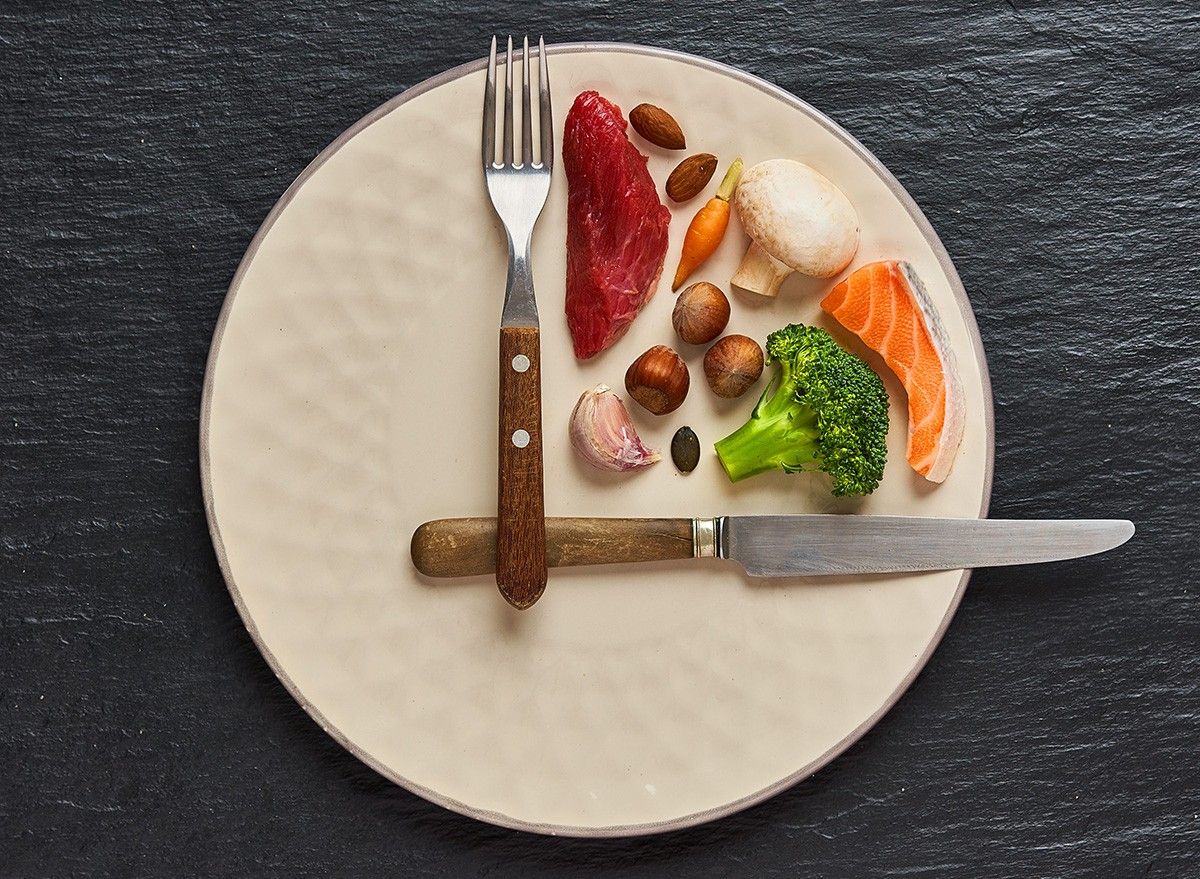
The only way timing is really related to weight loss is "if you skip meals," she says. "It can cause overeating. So the food timing impacts your calorie consumption. That is the only relation, the only one to food timing really." She herself eats every three and a half hours, usually fasting for 12.





